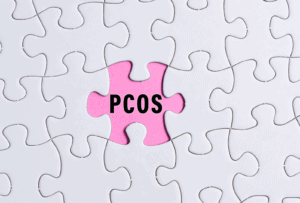
Polycystic Ovarian Syndrome and Cannabinoid Therapy
What is Polycystic Ovarian Syndrome? The U.S Department of Health and Human Services (HHS) defines Polycystic Ovarian Syndrome (PCOS) as a lifelong hormonal and metabolic imbalance. This condition affects
